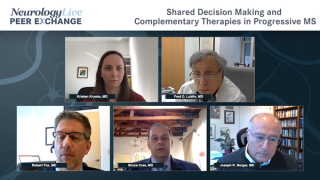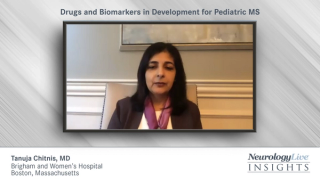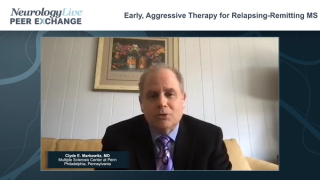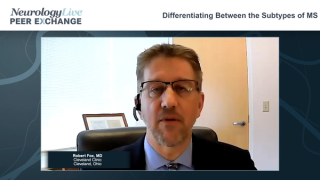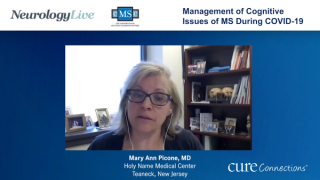
MS and Demyelinating Disorders
Latest News
Latest Videos

CME Content
More News

Head of Global Clinical Development in Neurology at EMD Serono discussed the findings of a phase 2 assessment of the company’s investigational BTK inhibitor evobrutinib in multiple sclerosis.

Take 5 minutes to catch up on NeurologyLive's highlights from the week ending June 5, 2020.

The anti-CD20 monoclonal antibody had an original PDUFA date of June 2020.

The vice president of Global Program Leadership in Neurology and Immunology at EMD Serono discussed the recent long-term phase 2 data on evobrutinib presented at CMSC 2020.

Neurology News Network for the week ending May 30, 2020.

Take 5 minutes to catch up on NeurologyLive's highlights from the week ending May 29, 2020.
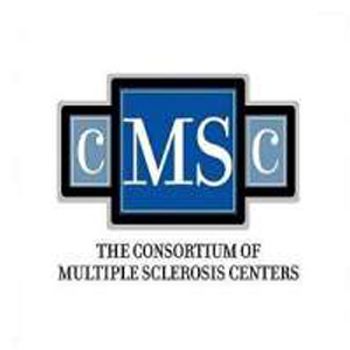
Following the 2020 Consortium of Multiple Sclerosis Centers Virtual Annual Meeting, the organization has scheduled a mini poster session and product theaters for June 1-14.

Improvements in function may be mediated by an effect of aerobic fitness on deep gray matter brain structures.

An analysis of data from the phase 3 development of cladribine (Mavenclad; EMD Serono) showed that the incidence of treatment-emergent adverse events was low and most were mild in intensity.

A subset group of inebilizumab-treated patients who did not have adjudicated attacks displayed more than a 2-fold increase in serum CSF glial fibrillary acidic protein from baseline, implying GFAP may serve as a biomarker.

Findings from a study of more than 500 girls with multiple sclerosis suggest that first menstruation and the onset of puberty may be a time of increased disease activity in pediatric MS.

Data from the overall satralizumab treatment period, which expanded on the double-blind periods by adding new data from the ongoing open-label extension periods, were consistent with the double-blind period results.

A real-world survey of more than 300 health care practitioners suggests that the MSProDiscuss tool offers a useful tool for the physician-patient discussion on multiple sclerosis disease progression.

Increases in physical, emotional, and cognitive functioning were more common in patients receiving natalizumab than in patients receiving other disease modifying therapies.

The Novartis agent showed benefit in patients who had multiple sclerosis both with and without relapses.

Evobrutinib, a highly selective BTK inhibitor for the treatment of relapsing multiple sclerosis, showed long-term safety and success in reducing annualized relapse rates.















